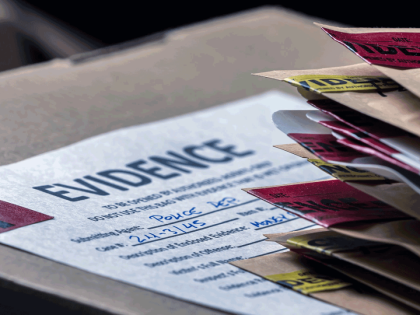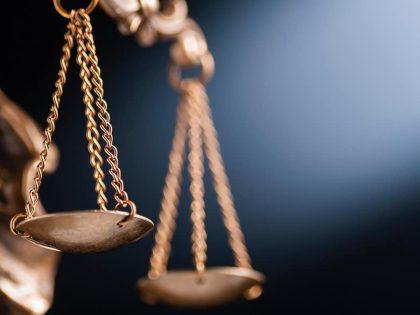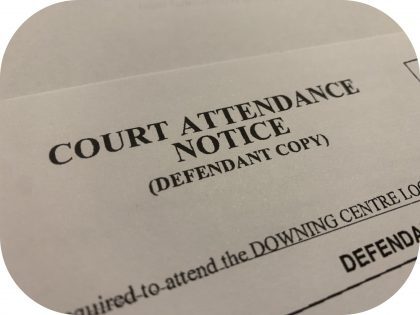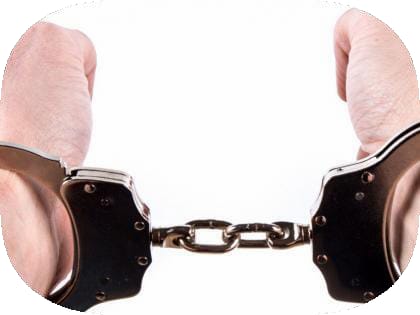What is the role of the jury in a criminal trial?
0 CommentsIn a criminal trial, the jury holds a critical role as the impartial decision-makers, ensuring that justice is served based on community standards and unbiased judgment.
Composed of everyday citizens, the jury’s primary responsibility is to determine whether the accused is guilty or not guilty, relying entirely on the evidence presented in court.
In Australia, juries are generally involved in criminal cases involving indictable offences.
An indictable offence is a serious criminal offence that typically requires a trial by a judge and jury in a higher court, such as the District or Supreme Court, rather than being dealt with summarily in a Magistrates’ Court.
Impartiality
Jurors are selected from the general public and take an oath to objectively review the case without bias or preconceived notions. Their role is not to investigate but to listen, observe, and maintain neutrality, basing their judgment solely on what they hear in the courtroom. Jurors cannot use external information or personal knowledge about the case, preserving the fairness of the process.
Evaluating Evidence and Testimony
The jury listens to all evidence presented by both the prosecution and the defence, including witness testimonies, expert statements, and physical evidence. Their task is to carefully weigh each piece, consider its relevance, and decide what they believe to be factual.
The jurors don’t determine if someone should be punished but instead focus on whether the evidence proves guilt beyond a reasonable doubt.
Following Judicial Guidance
After all the evidence is presented, the judge provides the jury with instructions on the relevant laws that apply to the case. The judge explains legal terms and principles that jurors must use to understand the charges and evaluate if the accused’s actions meet the legal definition of the crime. Jurors must apply these principles objectively, as per the law, rather than personal beliefs or moral judgments.
Deliberating
Once both sides have presented their case and the judge has given instructions, the jury retires to deliberate.
During this phase, jurors discuss and debate the evidence among themselves, considering whether it’s sufficient to prove the accused’s guilt beyond a reasonable doubt. Their discussions are confidential, and they must strive to reach a unanimous decision.
Delivering a Verdict
The jury’s ultimate duty is to deliver a verdict – guilty or not guilty – based solely on their interpretation of the evidence and application of the law. The verdict represents the collective decision of the community, reflecting society’s standards for justice and fairness.
Why the Jury is Essential
The jury brings a diverse and representative perspective to the justice system, ensuring that the legal process respects community standards. Jurors act as a safeguard, helping to prevent unfair convictions and maintain the integrity of trials. Their duty is both a privilege and responsibility, giving citizens a vital role in upholding justice and reinforcing public confidence in the court system.
About Post Author
* Information contained in this article is of a general nature only and should not be relied upon as concise legal advice.
Please contact for legal advice tailored to your situation. *









![Case review: Liberato v R [1985] HCA 66](https://walkercriminallawyer.com.au/wp-content/uploads/2024/10/jury-420x315.jpg)
![Case review: R v Mauger [2012] NSWCCA 51](https://walkercriminallawyer.com.au/wp-content/uploads/2024/10/conviction-1-420x269.webp)






































